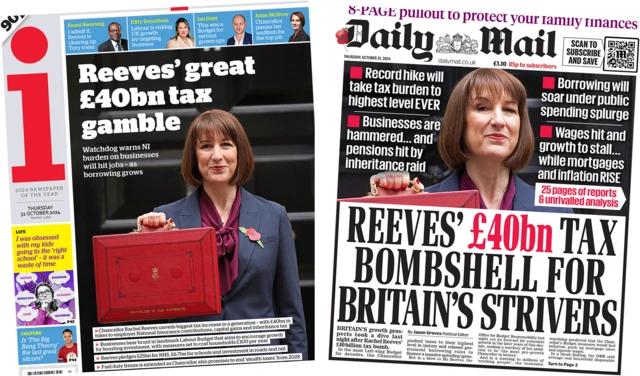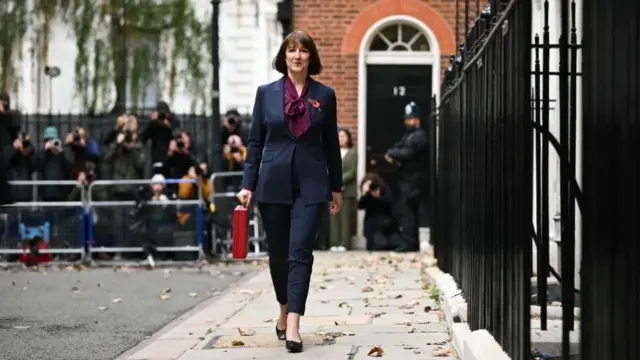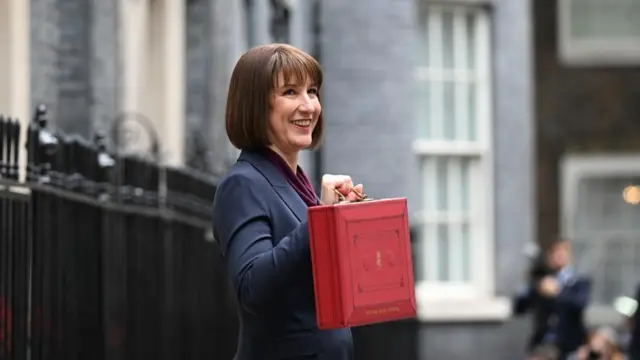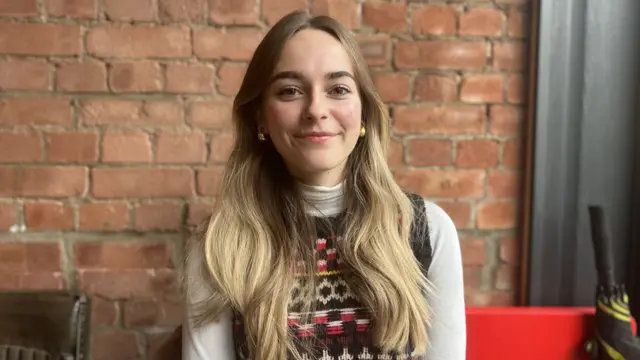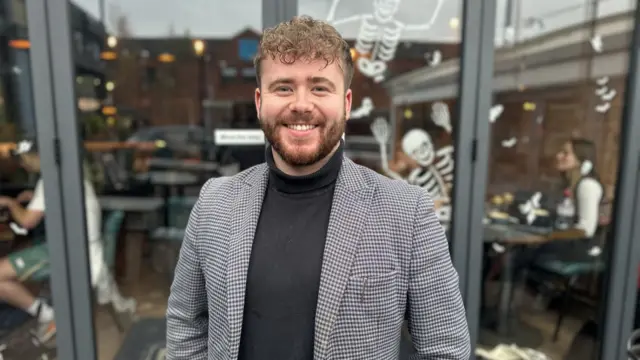Budget was a start in putting UK on path to growth, says Reevespublished at 07:43 GMT 31 October 2024
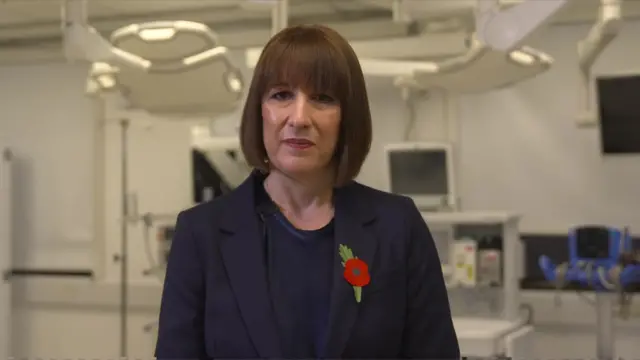
Rachel Reeves is first asked about what presenter Charlie Stayt refers to as "the notion of growth" which he says people may not consider this Budget to be about.
The chancellor hits back saying the government has only been in office for four months and already has plans well into the future.
"We made a start yesterday" to put the country on a path of growth, particularly with capital investments, she says.
The Office for Budget Responsibility says it will boost growth in the longer term, Reeves says, adding it's the first time the OBR time are doing longer forecasts, which is where the good news lies.
As a reminder, the OBR predicts the UK economy will grow by more than previously forecast this year and next, but it will expand by less than expected in 2026, 2027 and 2028.
We are making decisions for the longer term and to put the country on the right path, Reeves says.


